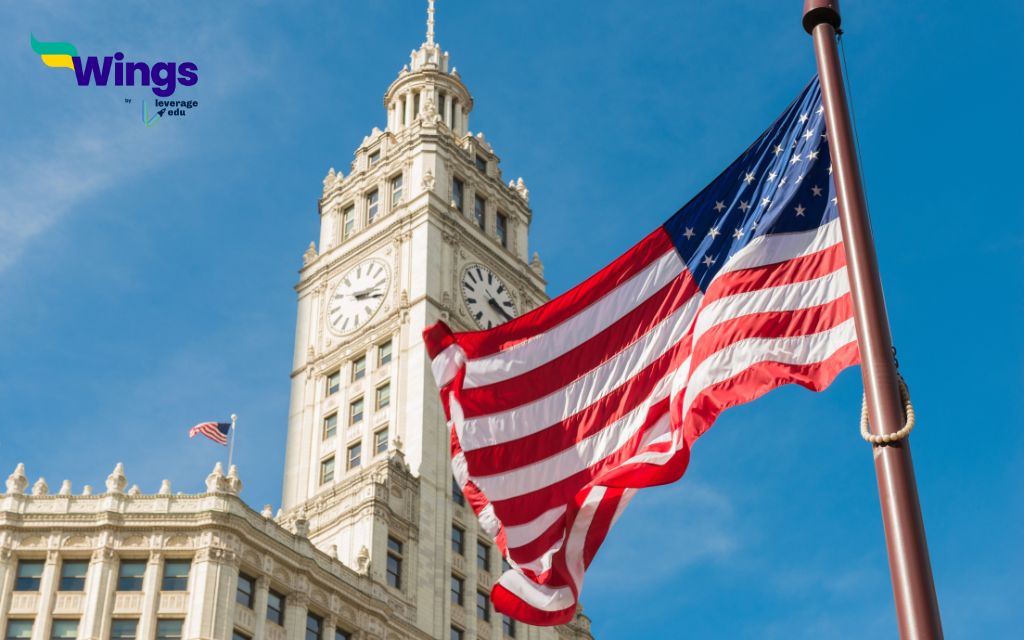A final rule by US Citizenship and Immigration Services (USCIS) will increase premium processing fees for a few different types of visas. H-1B applications are among the visas for which there will be an increase in cost.
Sponsoring employers should account for the additional premium processing fees in their annual immigration budget planning, advise immigration attorneys.
E-registrations for H-1B applications usually open in March, and the final visa application for the chosen beneficiaries comes after the lottery.
What Is The New Charge And When Will It Be Implemented?

The application for a non-immigrant worker, such as one on an H-1B visa or an L1 intercompany transfer visa, is Form I-129. The fees for premium processing of this form have gone up by 12% to USD 2,805. The new fees will take effect on February 26, 2024.
Form I-539, which is used by foreign students, spouses, and dependents of H-1B visa holders to change or extend their non-immigrant status, now has premium processing fees of USD 1,965 instead of USD 1,750. Form 1-765, which requests employment authorization, is now available for USD 1,685 instead of USD 1,500. This is for F-1 students seeking their optional practical training (OPT).
Know About The Premium Processing
When a visa is submitted for through premium processing, the case is decided in the shorter amount of time specified. For example, 30 calendar days apply to Forms I-539 and I-765. The processing of H-1B premiums is completed in fifteen calendar days. The premium processing fees are raised from June 2021 to June 2023 to account for the rate of inflation. According to USCIS, in the future, premium processing fees will be raised every two years. As of right now, there are no plans to modify the timelines for instances requiring premium service.
For more such visa and immigration news and daily news updates follow Leverage Edu and start your study abroad journey today!


 One app for all your study abroad needs
One app for all your study abroad needs












 60,000+ students trusted us with their dreams. Take the first step today!
60,000+ students trusted us with their dreams. Take the first step today!